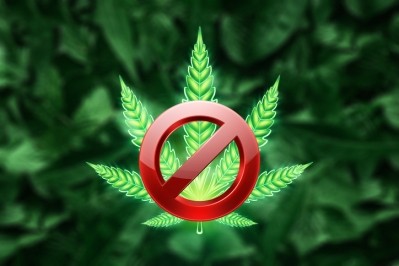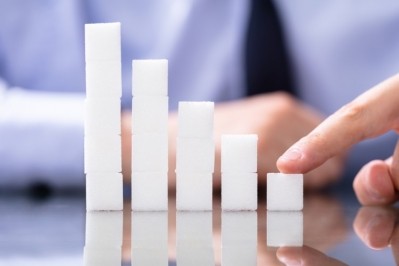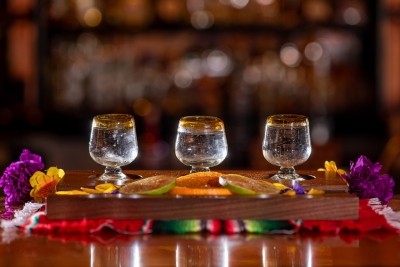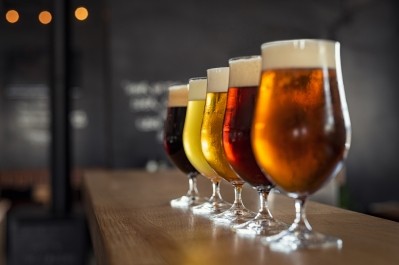South Africa’s alcohol industry welcomes partial lifting of alcohol ban
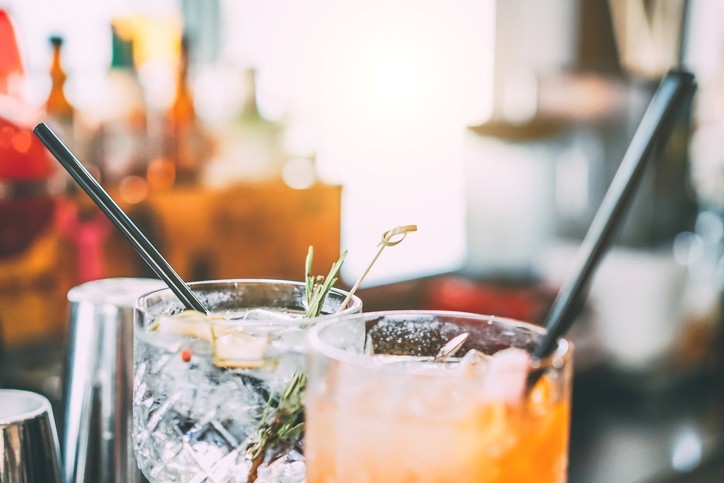
President Ramaphosa announced yesterday evening that the sale of alcohol will be again permitted for licenced premised for offsite consumption from Monday to Thursday from 10 am to 6 pm; and for licensed premises for on-site consumption—such as restaurants and taverns—during the week from 10 am to 10 pm.
The relaxing of restrictions also allows registered wineries, wine farms, micro-breweries and distilleries to sell alcohol for offsite consumption during normal licenced hours.
However, the bans have left the alcohol industry ‘on its knees’, and it calls for the government to work together with stakeholders to find an ongoing workable solution for the one million people who rely on the sector for some form of income.
Rate of infections falling
South Africa announced its third alcohol ban on December 28: faced with a rising number of COVID-19 cases and fears over the new variant. The government now says the country has passed the peak of its second wave, with the average rate of new infections falling over the last three weeks and with batches of vaccines now arriving in the country.
While the industry welcomes the relaxing of restrictions, it says the alcohol bans have ‘decimated the industry and threatened its long-term survival’. Alongside job loses, it has also led to a rise in illicit trade and significant decline in economic contributions, according to a coalition of industry associations, including the National Liquor Traders Council (NLTC), South African Liquor Brandowners Association (SALBA), Vinpro, the Consumer Goods Council of South Africa (CGCSA), retailers and manufacturers.
“The industry has calculated that the decrease in excise tax contribution to the fiscus has declined more than 28% from R47 billion in 2019/20 to R34 billion in 2020/21. This R13 billion loss in alcohol tax revenue could have covered the investment needed in the procurement of vaccines and other measures needed to curb the impact of COVID-19.
“South Africa’s alcohol industry has always understood the need to save lives but maintains that the regulations could have been implemented in a more targeted, less damaging manner that alleviates the impact on the healthcare system and helps to mitigate transmission, while still helping to preserve livelihoods. Since the pandemic began, the alcohol industry has implemented numerous proactive measures to address safety at consumer touchpoints and within the trading environment.”
Moving forward, the industry pledges to work with the government to ensure businesses can continue trading within the parameters of the appropriate sanitary protocols.
“The industry has always sought ways of collaborating with the Government regarding its decisions on banning alcohol and instead apply more effective alternative measures that address the issues of alcohol misuse while maintaining the livelihoods of the million people whose jobs are dependent on the industry. The industry reiterates its call to work together with Government in collaborative and transparent engagement that enables the industry to plan its longer-term sustainable future to safeguard jobs and positively contribute to the economy.”
The alcohol ban has affected alcohol businesses across the supply chain: from owners of local taverns which rely on alcohol sales for their livelihoods; to multinational corporations who have seen alcohol sales in the country plummet.
Kurt Moore, CEO of SALBA, said: “As an industry, we welcome the President’s decision to ease the restrictions on alcohol sales for on and offsite consumption and are extremely relieved that partial areas of alcohol sales are to be opened up again. However, after this six-week ban that has left the industry on its knees, this development is no quick fix for our long-term economic survival. We call on Government to work together with us to find a workable solution going forward that protects lives, while preserving the livelihoods of around one million people who rely on some form of income from this sector.”
Rico Basson, Managing Director of Vinpro commented, “Sales of alcohol for on and offsite consumption during restricted hours of trading marks the start of the long road to recovery for this sector, but has come too late for many small businesses that have not been able to weather the storm of COVID-19. Additionally, with the harvest for this year’s wine underway, the impetus to create sales for our existing wine stock is all the more pertinent if we are to safeguard our future.”
